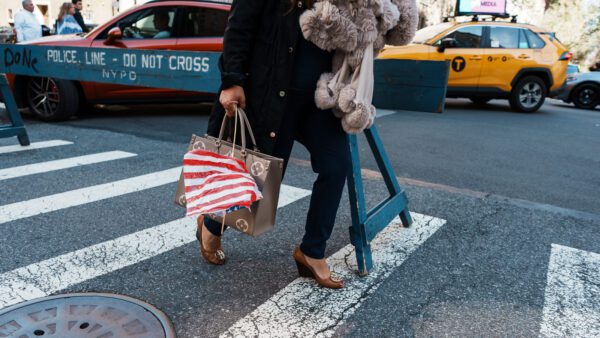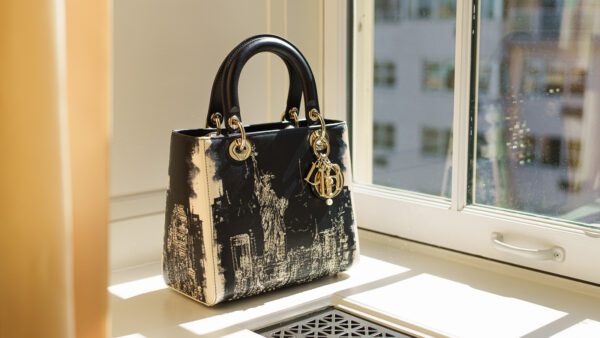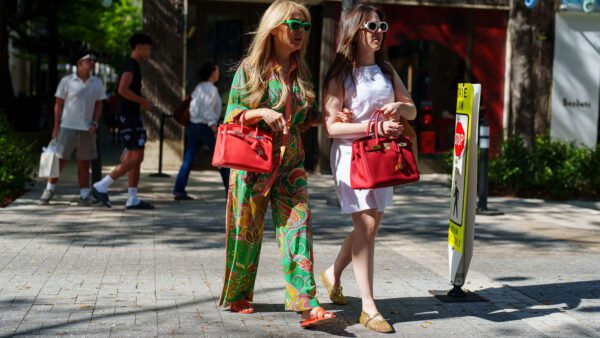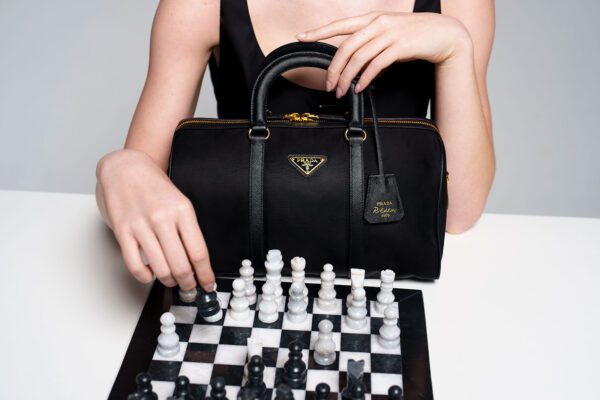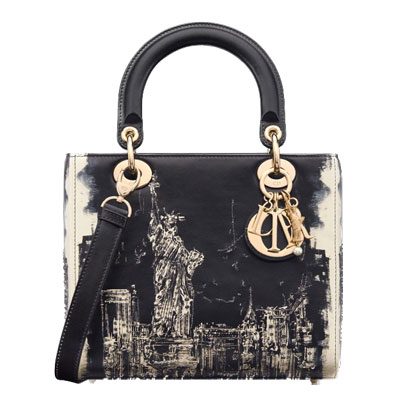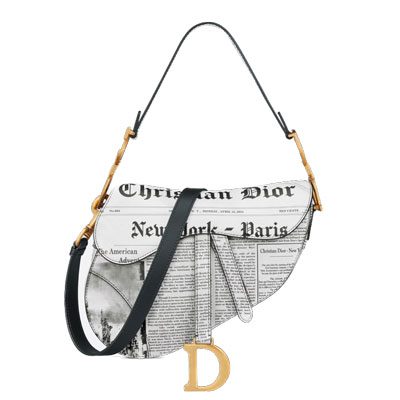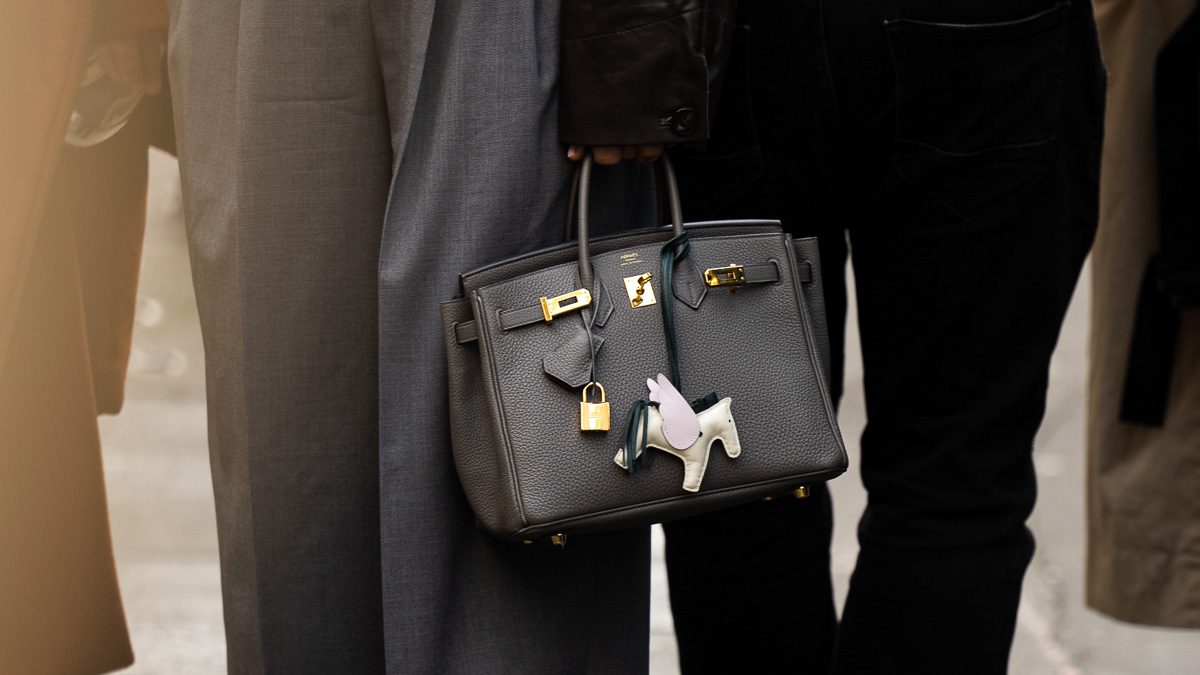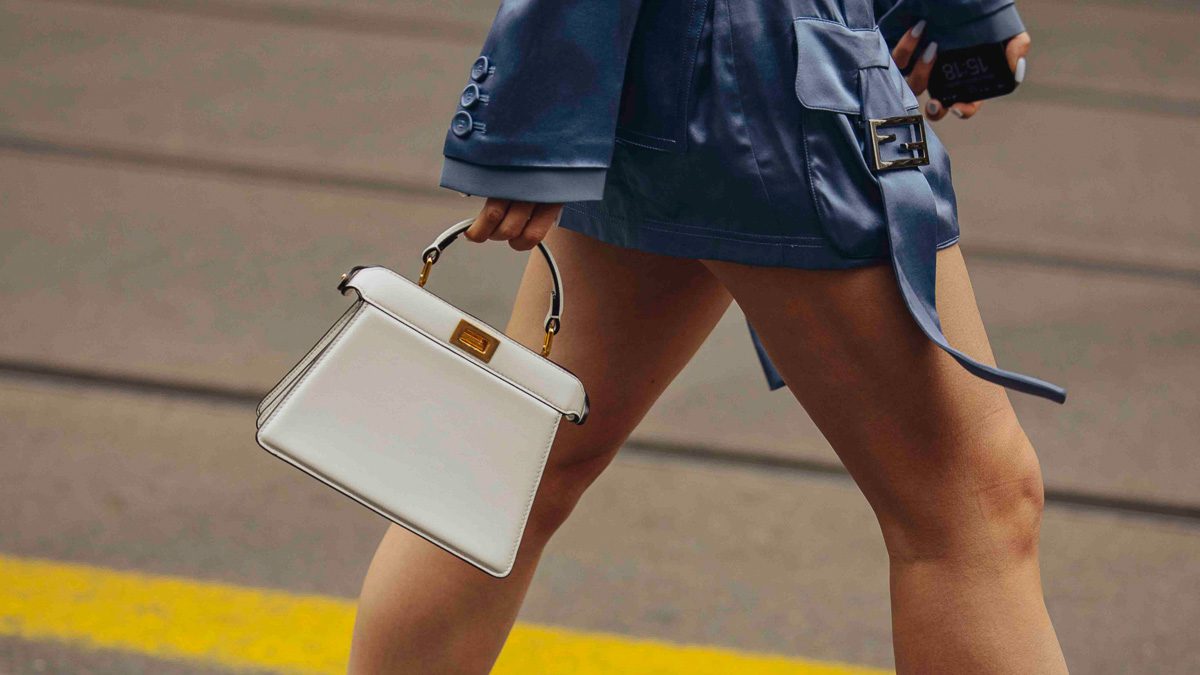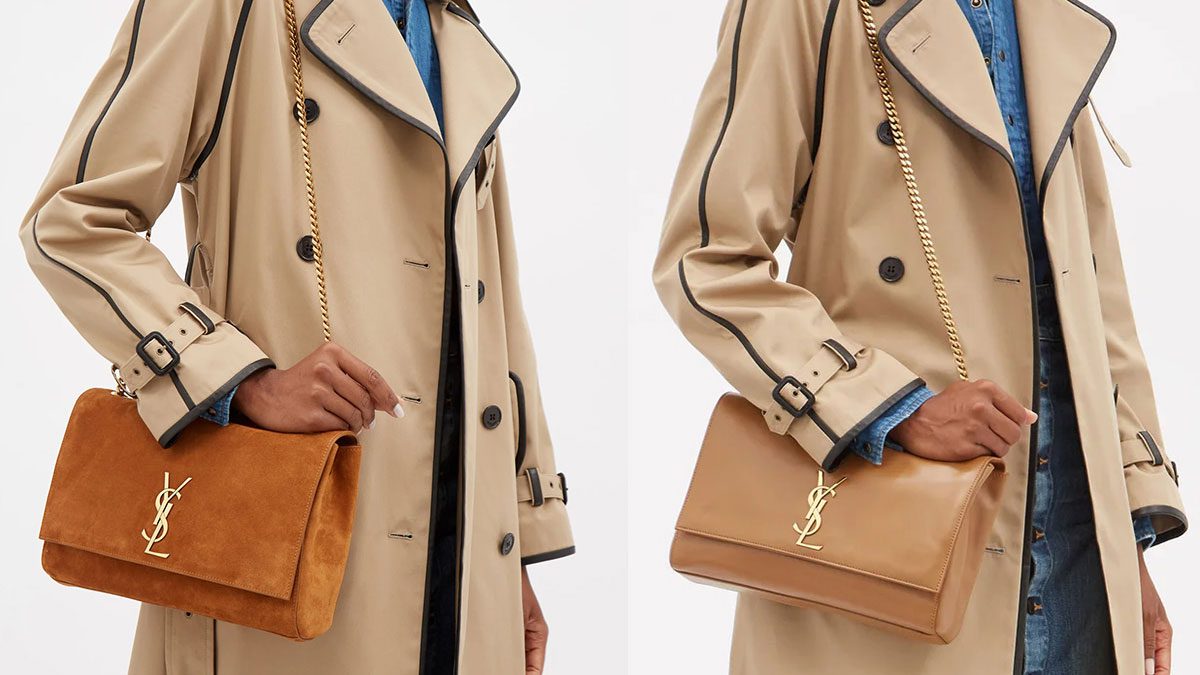Last week my Instagram DM inbox was inundated with comments, notes, and links to the now-infamous article published by The Cut, titled, “The Rich New York Women Who Love Their Fake Birkins”. Without reading a word of it, I could surmise exactly what it said, and upon reading it, I wasn’t wrong; I was just unprepared for how bad – no, how ridiculously awful – the article was.
In a nutshell, the article eliminated all real-world context and consequences while focusing on a group of “wealthy” NYC women who belong to some counterfeit-bag-loving sub-Reddit group and spend fairly offensive amounts of money on (among other things, I assume) fake Hermès bags. Many in the article appeared overjoyed at the ability to purchase a number (a veritable collection!) of these counterfeit bags, and then parade them around as proudly as if they were carrying the real thing.
First-world problems, I know.
RepLadies and Their Counterfeit Birkins
What struck me first about the article was, whatever the profile of these individual women, every quote – “[it’s not] real money”; “we all want the best” “[Buying authentic bags is] just a snobbery thing”; the counterfeit bags “tend to be better made”; and so on – clearly were made to highlight that these women are divorced from reality.
There was a lot of talk about the financial lives of these “RepLadies” but for all the grand statements – “a $10 million dollar house in the Hamptons”; “a household income she says caps around $3 million a year”; “the community seems to be largely made up of wealthy women”; etc. – there is no way of knowing whether any of that is true, beyond the fact that they clearly do have some disposable income (or frightening credit debt). People from a variety of backgrounds do buy fakes; this behavior is not limited to people of any particular socio-economic background. My point, however, is that there is financially comfortable, which these ladies probably are, and truly wealthy, which they do not seem to be. There are a few things I know about truly wealthy people.
First, people with true wealth do not have quite so much time: social approval is not based on what bag one is carrying; if you aren’t currently active in work, the esteem comes from the foundation or charity or event you are running, or whatever other projects/book/career you are working on. Second, the mindset of personally achieving real wealth generally tends to appreciate the work and time it takes to create, grow and build something and the values that undergird the importance of the genuine. However, others, who may be either spoiled, who did not achieve for themselves, or for other reasons, seem to have that perpetual insecurity that feeds the need for both immediate gratification and the physical manifestation of “success” regardless of whether or not it is real, in order to “prove” their worth to themselves.
The Justification Of Illegal Behavior
Finally, as much and as often as possible, throughout the article, there was a lot of justifying the purchases as though these people are still trying to convince themselves that this sort of behavior is ok (because they’re certainly not convincing me). The thorough denial of the hard realities of the black market counterfeit industry, completely ignoring the myriad of legal, ethical, and moral problems of counterfeit products and the real-life consequences and harms caused by support for it, along with their vehement protests that this is all justified (“a way of subverting the system”; “the reps [are] indistinguishable from the authentics” [snort]; “wealthy people just have more interesting things to do with their money”; and most delusionally: “What is even considered authentic?”) comes across, more than anything, as just sad, as the article itself best says:
“For this cadre of rep obsessives, status isn’t a massive collection of real luxury bags; it’s the ability to find a fake so perfect it feels more theirs than the real thing.” (Chef’s Kiss perfection!)
The article glorifies a moment in new thought: the justification of blatantly illegal behavior – with actual consequences on truly marginalized communities, by the way – and wanting the mere superficial appearance of the fake while failing to appreciate the virtues of the genuine, while hoping that everyone else accepts their reality regardless of the harms caused. The clearly psychological aspects of this kind of behavior truly suggest narcissism (check out the textbook definition in Psychology Today). In short, the article presents a clown-world parade of disaster people who will probably spend their entire lives justifying what they know in their hearts is wrong. The frightening part is: if they can justify this kind of behavior, is there a limit? What is one’s personal regard for honesty when one has proven that they can throw off something seemingly regarded as a ‘yoke’ of truth when it’s for personal glory? If counterfeit bags are ok, what else, then – how about counterfeit medicine? How about selling the bags to an unsuspecting buyer? The article doesn’t venture into that territory – though it veers terrifyingly close – and if you were to ask any of these ladies yourself, I doubt you’d get a satisfying answer.
I am well aware of how controversial this topic is – even in our (usually!) agreeable Hermès community, the popcorn was popped and perhaps a few knives sharpened, and the discussion about this article got heated and eventually shut down – and of course, one could note how many ills are suffered at the hands of modern commercial industry.
However, if one actually took the time and effort to research the many and varied efforts that Hermès puts across all aspects of its Corporate Social Responsibility, including everything from ecodesign, employee wellbeing and waste reduction, to ethics, responsibility among its communities and diversity and inclusion – remember, this is a corporation that paid all employees at 100% of their salary and benefits throughout all of COVID and did so without taking financial support from the government, sustaining its entire community on its own without employee reduction, which was incredibly rare and should be lauded and supported. I have previously examined the thoroughly impressive corporate responsibility Hermès has taken over the years, but even if one was to look beyond Hermès, to other businesses, even looking at fashion in general; perhaps not all fashion businesses are as ethical as Hermès, what then? I suppose if you move the camera far back enough we are all going to be hypocrites, eventually, but even so, that is really not the point. Fakes are immoral, unethical, and illegal, serving no empirical benefit to anyone. Since I’m here and ranting, let’s examine how:
Moral (right vs wrong)
This doesn’t need very much explanation. Obviously, the production and sale of fake products are clearly wrong; not just because it violates Intellectual Property protections, but because the kinds of people who would produce fake products would also have nefarious business practices, including child labor; very-low-wage (if any!) labor; zero worker protections; faulty products; terrorism funding; drug funding; illegal and cartel funding: the production and sale of replicas certainly contributes to these things. There are far-reaching consequences to the counterfeit market. Further, what sort of person leads this sort of life: how do they teach their children values, and what is the right way to live? How can they psychologically separate right from wrong? Where, indeed, is the limit, and how can it be anything other than arbitrary?
Ethical (rules and behaviors)
Without getting too far into hyperbole, the mere concept thoroughly violates the Categorial Imperative, which, is still a foundation of a functioning society: if no one respected any ownership rights (trademark or otherwise), how far would we get? Just because something is expensive, or elusive, there is no right to duplicate it, because (in this case, the design) denotes a level of expected quality and is representative of a network of production affecting the lives of thousands of conceptualists, designers, artisans, transporters, textile manufacturers, etc. – all of whom are supported by the commerce created legally.
Legal (the law)
We operate by laws and rules, and under the laws of the United States, the production and sale of counterfeit goods are illegal under the Lanham Act. Federal Law, 18 USC 2320(a)(1), with 18 US Code 2320(b) prescribing either a very large fine or jail time, plus forfeiture and destruction of the counterfeit goods and restitution for those deceived by such. (18 USC 2320(c)). For an excellent discussion of the US law on this topic, read this wonderful article.
The counterfeit market is a massive problem worldwide. While possession isn’t illegal in the United States, in many countries it is, with financial consequences. The UK and European Union have their own regulations and France has strict regulations about replicas. It is very important to note that, as a legal matter, you can be heavily influenced by or even flat-out copy a design because, surprisingly, the design aspects of the bag are not protected: it’s the trademarks (hallmarks) that are. In the United States the LEGAL line between Counterfeit and ”mere” Knock-Off comes down to the presence or absence of these marks, although, just as importantly, the ethics and morality (see above) do not, and there are still legal consequences for selling either.

